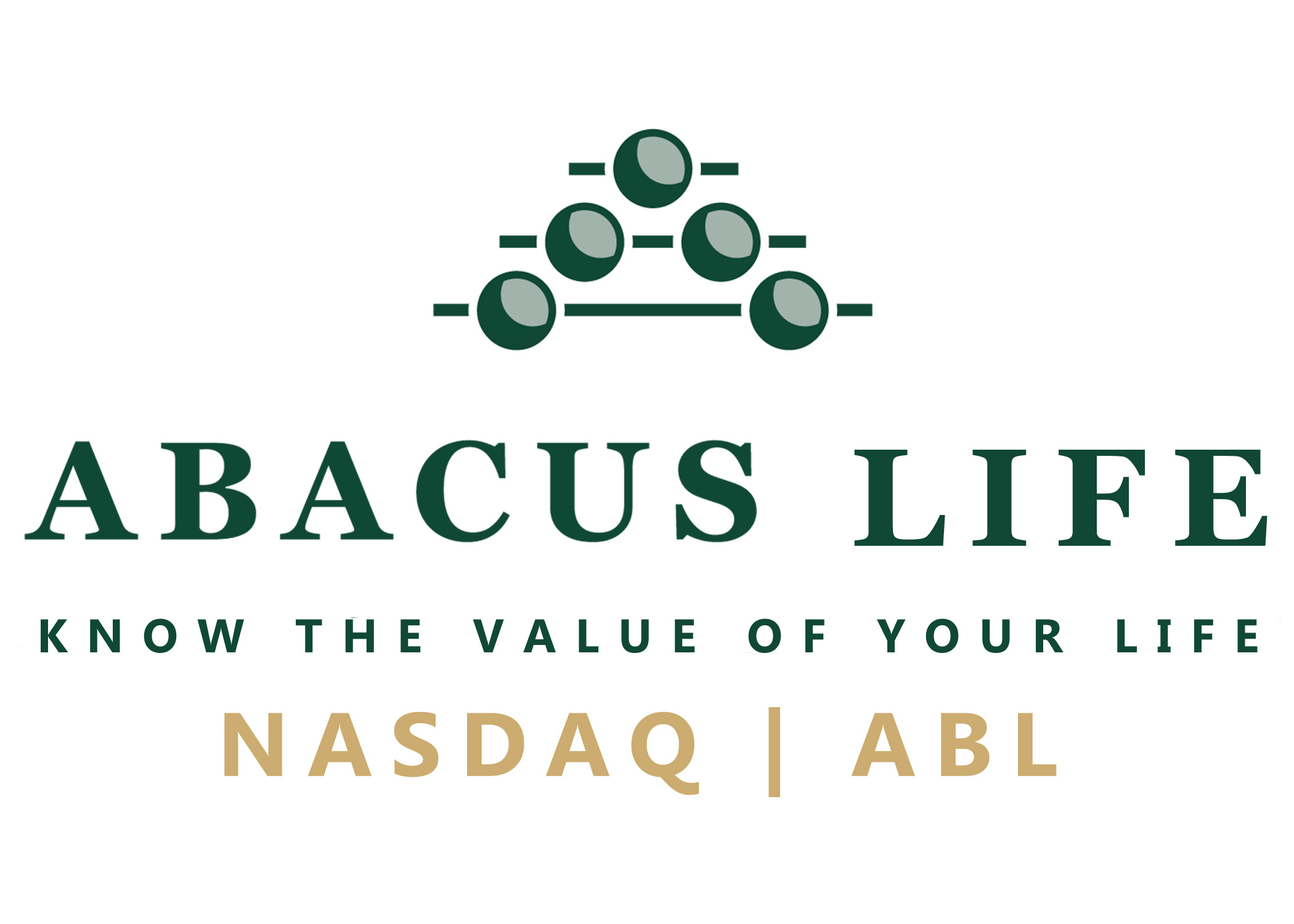A retained death benefit is a payout to the beneficiary of a life insurance policy, annuity, or pension when the insured or annuitant dies. For life insurance policies, death benefits are not subject to income tax and named beneficiaries ordinarily receive the death benefit as a lump-sum payment.
The policyholder can structure how the insurer pays the death benefits. A popular example of this is when a policyholder may specify that the beneficiary receives half of the benefit immediately after death, and the other half a year after the date of death.
In a retained death benefit, the licensed provider or its financing entity will take over only the policy premiums for the seller.
The seller will receive no cash now. The policy beneficiaries will be assigned a retained death benefit amount directly from the insurance carrier which will be paid upon the death of the insured.
This amount is usually much more than what the seller receives in a traditional option.
The original owner will no longer be required to pay the premiums and will receive no cash now, but will receive a portion of the death benefit from the insurance carrier at the time of the insured’s death.
This option could be beneficial for those who find the premiums to be too expensive but still want their beneficiaries to receive a portion of the death benefit.
- Guaranteed Percentage at End of Policy
- No Future Payments




